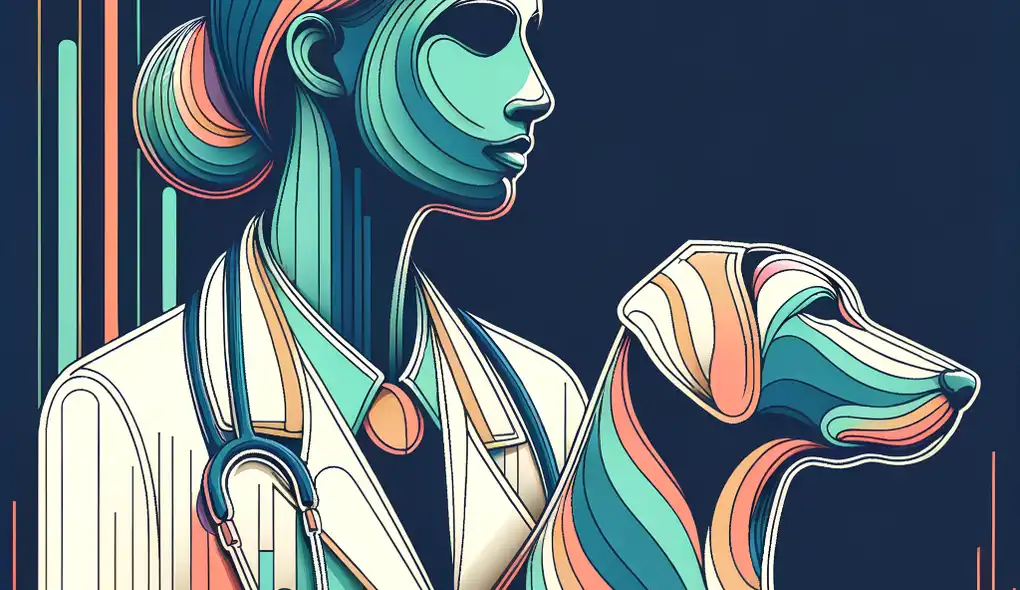Describe a time when you had to troubleshoot and solve a problem in the laboratory.
Veterinary Drug Development Specialist Interview Questions
Sample answer to the question
One time, while working in the laboratory, I encountered a problem with an experiment I was conducting. The results were not matching the expected outcomes, which was concerning as it could have implications for the safety and efficacy of the drug being developed. I immediately took action by reviewing the experimental procedure and analyzing the data collected. I discovered that there was a discrepancy in the measurements taken, which was causing the inconsistency in the results. To troubleshoot the issue, I consulted with my colleagues and we decided to recalibrate the equipment used for the experiment. After recalibration, I repeated the experiment and obtained consistent and reliable results. This experience taught me the importance of attention to detail and the value of teamwork in troubleshooting and solving problems in the laboratory.
A more solid answer
In one instance, while working in the laboratory, I encountered a significant problem during the development of a new veterinary drug. The experimental results were inconsistent and did not align with the expected outcomes, which raised concerns about the drug's efficacy and safety. To address the issue, I approached it systematically. First, I meticulously reviewed the experimental procedure and analyzed the data collected, looking for any discrepancies or errors. Through this analysis, I identified an inconsistency in the measurements taken, which indicated a potential problem with the equipment used. To confirm this hypothesis, I consulted with my colleagues and shared my findings. Together, we decided to recalibrate the equipment. I took the lead in coordinating the recalibration process and ensuring it was done accurately. Once the equipment was recalibrated, I repeated the experiment, and this time, the results were consistent and reliable. I shared the findings and the troubleshooting steps with the team and presented them in a clear and concise manner. This experience highlighted the significance of attention to detail, analytical thinking, and effective communication in troubleshooting and solving problems in the laboratory. It also demonstrated my ability to work collaboratively and take on a leadership role in coordinating the resolution.
Why this is a more solid answer:
The solid answer provides more specific details about the candidate's analytical and critical thinking skills, their ability to communicate effectively, and the impact of their actions on the project and team. It showcases their proficiency in laboratory techniques and equipment and their ability to work collaboratively. However, it can still be improved by including more information about the candidate's project management expertise and the outcomes of their troubleshooting process.
An exceptional answer
During my time as a Veterinary Drug Development Specialist, I encountered a complex problem in the laboratory that required extensive troubleshooting and problem-solving. We were in the process of developing a novel drug for a specific animal health condition, and the initial results were not meeting our expectations. The drug's efficacy and safety were crucial, so I took immediate action to investigate the issue. First, I conducted an in-depth analysis of the experimental procedure, reviewed all the data collected, and consulted relevant scientific literature to gain insights. Through this investigation, I identified a potential source of error in the formulation process. To validate this hypothesis, I engaged in detailed discussions with my team and external experts in the field. Together, we designed a series of controlled experiments to isolate and test the variables that could be affecting the drug's performance. This process required meticulous planning, coordination, and execution. As the project manager, I assigned tasks, set timelines, and ensured everyone had the necessary resources. The experiments revealed that a specific ingredient in the formulation was causing the inconsistencies. I collaborated with the formulation team to reformulate the drug, carefully considering the scientific literature and regulatory requirements. After implementing the revised formulation, we repeated the experiments and obtained excellent results that met our expectations. I documented the entire troubleshooting process, including the challenges faced and the solutions implemented. I presented these findings to the stakeholders, highlighting the impact on the project's timeline and the significance of the resolution. This experience showcased my exceptional analytical and critical thinking abilities, communication and presentation skills, proficiency in laboratory techniques and equipment, ability to work collaboratively, and project management expertise.
Why this is an exceptional answer:
The exceptional answer provides a comprehensive and detailed account of the candidate's experience in troubleshooting and problem-solving in the laboratory. It demonstrates their exceptional analytical and critical thinking abilities, communication and presentation skills, proficiency in laboratory techniques and equipment, ability to work collaboratively, and project management expertise. The answer also emphasizes the impact of their actions on the project and team and showcases their ability to conduct thorough research and analysis.
How to prepare for this question
- Familiarize yourself with different laboratory techniques and equipment commonly used in veterinary drug development.
- Develop strong analytical and critical thinking skills by practicing problem-solving in laboratory settings.
- Enhance your communication and presentation skills by regularly presenting research findings to colleagues or participating in scientific discussions.
- Gain experience in project management by taking on leadership roles in group projects or volunteering for project management tasks.
- Stay updated with the latest advancements and regulations in veterinary medicine and drug development through continuous learning and reading scientific journals.
What interviewers are evaluating
- Analytical and critical thinking abilities
- Communication and presentation skills
- Proficiency in laboratory techniques and equipment
- Ability to work collaboratively
- Project management expertise
Related Interview Questions
More questions for Veterinary Drug Development Specialist interviews